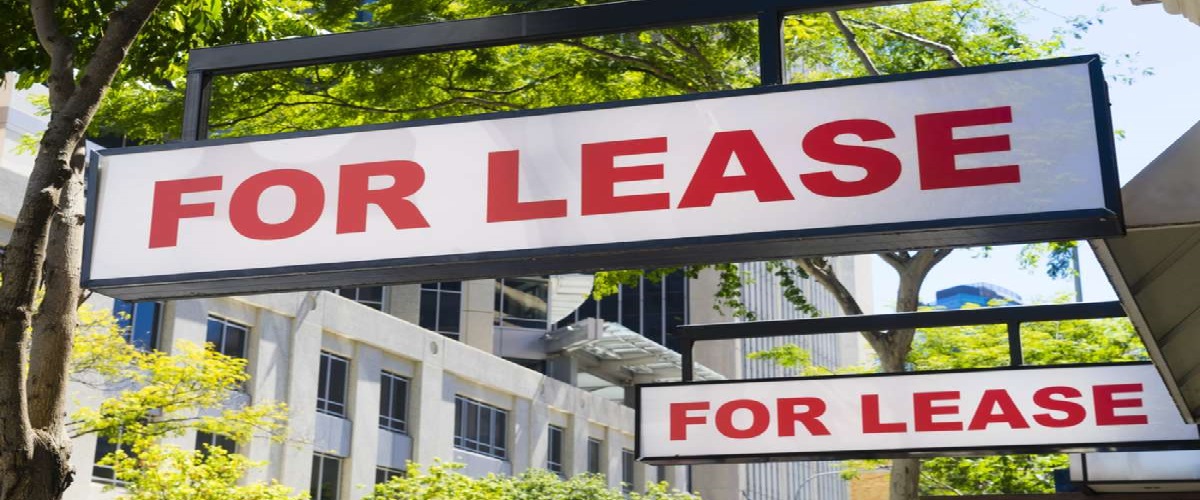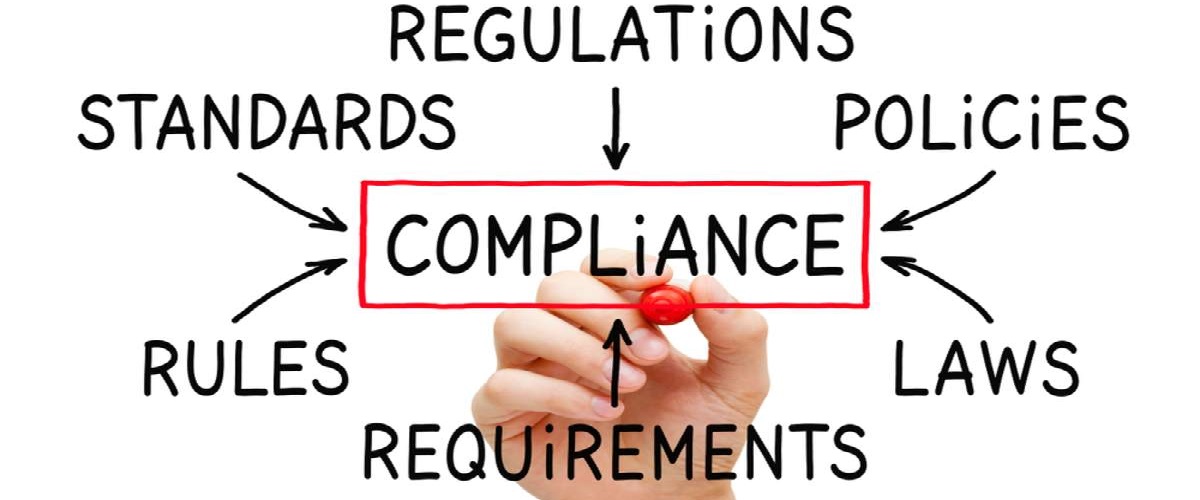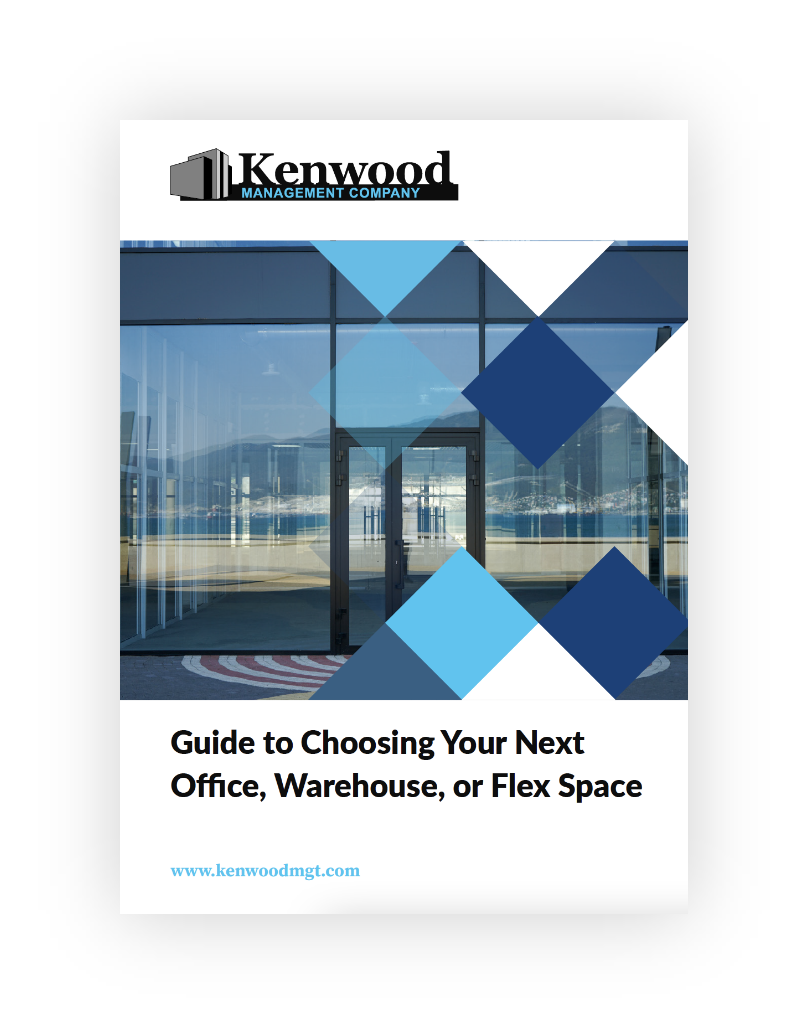To ensure that your commercial rental space meets your business needs, it's crucial to conduct thorough due diligence.
Evaluate the space's layout and design to determine if it can accommodate your operations effectively. Additionally, assess the availability and functionality of utilities required for your business, such as electricity, water, and internet connectivity.
Consider the proximity to suppliers, customers, and transportation hubs for convenience and accessibility. You'll also want to check if the space has necessary amenities like restrooms, break rooms, or storage areas.
Talk with the building manager about the potential for expansion or customization if your business requires it. This information can help you consider the competition in the area and assess if it will impact your business before you have room or a chance to grow.
Next, evaluate the availability of parking spaces for both employees and customers. Be sure also to investigate the location's safety and security, including crime rates and the presence of security measures. Lastly, visiting the location at different times of the day can help you assess traffic patterns, noise levels, and overall ambiance.
By thoroughly evaluating these factors, you can ensure that your chosen space and location provide the necessary features and advantages for your business to thrive.







